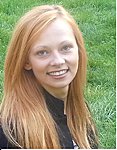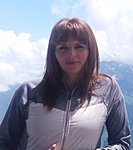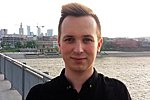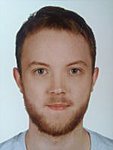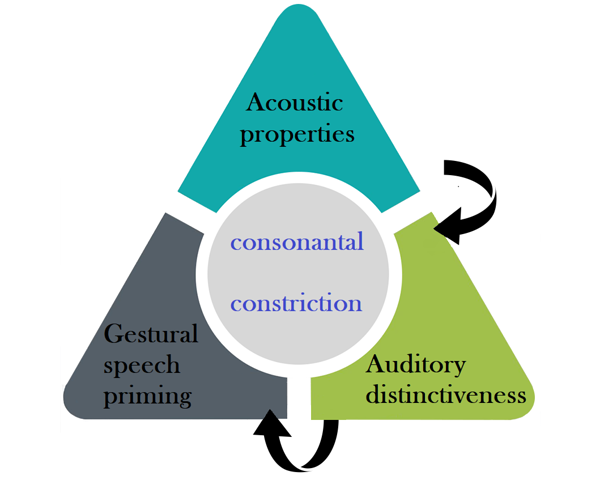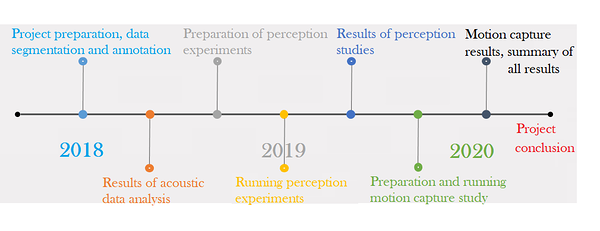Acoustic, perceptual and gestural correlates of (sub)phonemic distinctions: aperture in obstruents
Phonetic and phonemic distinctions are governed by the properties of the acoustic signal, articulatory gestures, auditory cues and prosodic parsing. Thus, articulatory facts, translated into phonetic features and acoustic detail, work in concert with prosodic units in determining sound categories and influencing the way sounds are pronounced and perceived.
This project sets out to investigate the perception of subphonemic properties of sounds and their use as cues in comprehension. The central question is to what extent acoustics and prosody are involved in informing about sound properties, and about distinctive and non-distinctive categories.
As segmental gestures tend to blend and overlap in proportion to speech rate, sound neighbourhood and prosodic position (Fowler 1977), different degrees of sound change are triggered that lead to the reshuffling of phonemic categories. The interaction of various phonetic processes in a given language leads to category blending, which may result in sound/word confusion if (sub)minimal pairs are produced and the differences between surface sounds are minute enough to be poorly differentiated. The question is which changes are perceived as categorical, and whether subphonemic contrasts are cross-linguistic or distinguished by native speakers only.
As a point of departure, the project will take two lenition processes observed in Gran Canarian Spanish: approximantisation of voiced stops and postvocalic voicing of voiceless stops. The interrelations of acoustic and prosodic factors will serve as independent axes of sociophonetic analysis.
We will investigate consonantal constriction from three perspectives:
- acoustic properties (analysis in Praat)
- auditory distinctiveness (perception studies)
- gestural speech timing (motion capture study)
People involved:
Karolina Broś (University of Warsaw) - principal investigator
Marzena Żygis (ZAS Berlin and Humboldt University) - expert/consultant
Adam Sikorski (PhD candidate) - research assistant
Jan Wołłejko (M.A. student) - research assistant
The timeline of the works is as follows:
